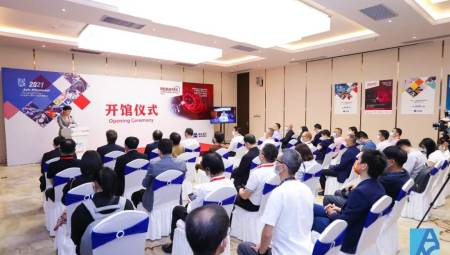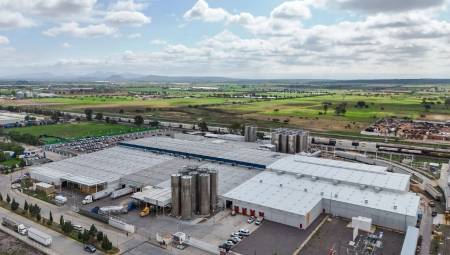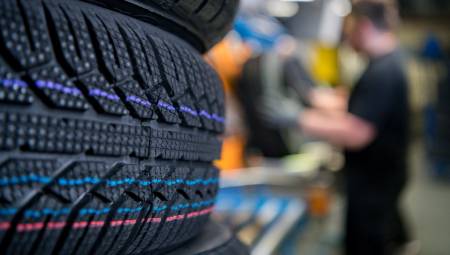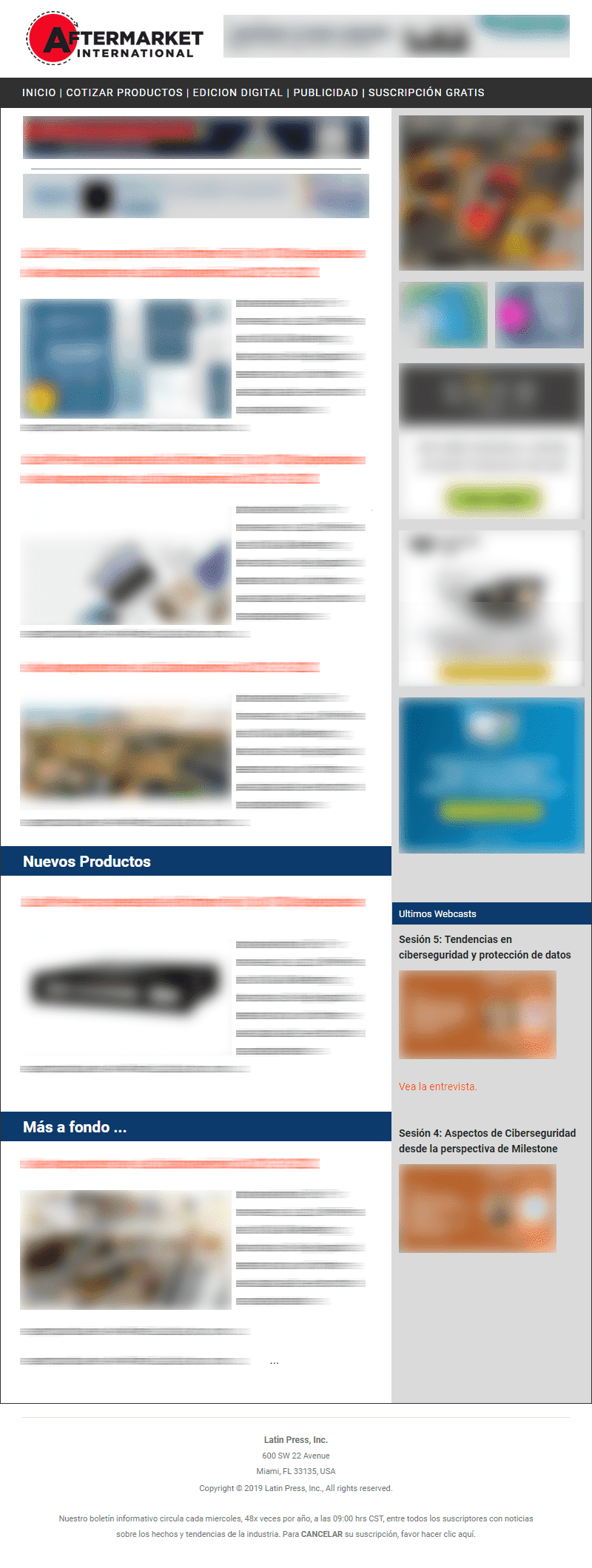United States. Six of the main associations of the U.S. automotive sector sent a joint letter to senior officials of the Donald Trump administration requesting the immediate suspension of the new 25% tariffs on more than 100 categories of auto parts, which would come into force on May 3.
"Tariffs on auto parts will disrupt the global automotive supply chain and trigger a domino effect that will lead to higher car prices for consumers, lower dealership sales, and make vehicle maintenance and repair both more expensive and less predictable," warns the letter, addressed to the Treasury secretary. Scott Bessent; the Secretary of Commerce, Howard Lutnick; and the commercial representative, Jamieson Greer.
The signatory associations represent manufacturers, dealers and parts suppliers: Alliance for Automotive Innovation, American Automotive Policy Council, Autos Drive America, Motor & Equipment Manufacturers Association, National Automobile Dealers Association and American International Automobile Dealers Association. In a rare gesture, they decided to present a united front to oppose the tariffs, which would affect key components such as engines, steering wheels, hinges and more.
"Most auto parts suppliers don't have the capital to deal with an abrupt disruption caused by tariffs. Many are already struggling and will face production stoppages, layoffs and bankruptcies," the letter continues. "It only takes the bankruptcy of a supplier for an automaker's production line to stop. When this happens, as it did during the pandemic, all suppliers are affected and workers lose their jobs."
President Trump has defended tariffs as part of his reindustrialization policy. In his April 2 speech, on the day called "Liberation Day," he declared: "Foreign cheats have looted our factories and foreign scavengers have destroyed our once beautiful American dream."
However, the industry assures that these measures will have counterproductive effects. John Bozzella, president and CEO of the Alliance for Automotive Innovation, reiterated on March 28 that "Additional tariffs will increase costs for U.S. consumers, reduce the total number of vehicles sold in the U.S., and decrease U.S. auto exports, all before any new jobs or manufacturing capacity are created in the country."
Bozzella also highlighted in a previous statement that "Auto manufacturing is the largest manufacturing sector in the United States. Automakers, battery manufacturers, and parts suppliers have invested billions in U.S. manufacturing and directly support communities and workers in Michigan, Tennessee, South Carolina, Alabama, Mississippi, Kentucky, Ohio, West Virginia, Texas, Indiana, Illinois, Missouri, Georgia, New York, and more."
"Global automotive facilities and supply chains create American jobs, provide vehicle options for Americans, and most importantly, help maintain the affordability of cars in America. We are committed to building and investing in the U.S., but these facilities and supply chains are huge and complex, and cannot be relocated or rerouted overnight," he added.
The economic dimension of the automotive sector is significant: it generates 1.2 trillion dollars annually for the U.S. economy, equivalent to 4.8% of GDP and supports 10.1 million jobs in all states. In 2022, the industry contributed more than $730 billion in wages and generated more than $340 billion in taxes at the federal, state, and local levels. From new vehicle sales alone in 2023, states collected more than $35 billion.
In addition, automakers and battery manufacturers have committed more than $125 billion to electric vehicle (EV) projects, which will generate 113,000 jobs in 18 states.
Despite the threat of tariffs, Trump hinted last week that he might back down. He told reporters he was "considering something to help some auto companies," adding, "They're switching to parts that were made in Canada, Mexico and other places, and they need a little bit of time, because they're going to make them here."
For now, pieces that comply with the rules of the USMCA treaty will be exempt, although the process for defining the national content has not yet been clarified.
From the sector, uncertainty is already beginning to slow down investment decisions. Carla Bailo, CEO of ECOS Consulting and former director of the Center for Automotive Research, said: "We just need clarity. By coming together as a show of strength, they believe that will make it happen faster."
He also highlighted the impact of this joint action: "This is something unusual... There is strength in the numbers."
Bailo stressed that the industry cannot adapt immediately: "It is very interconnected... It takes years to achieve what we want to achieve."














